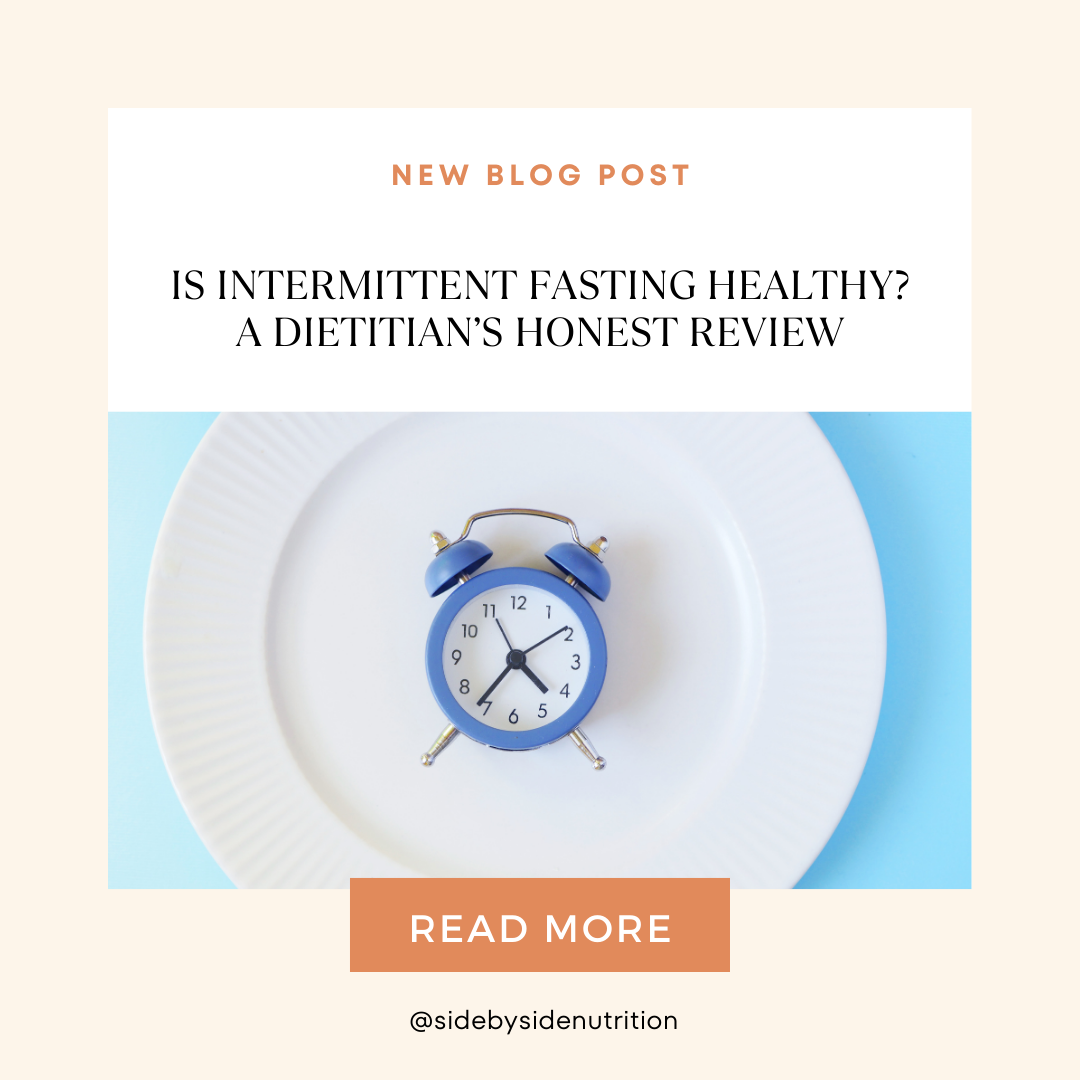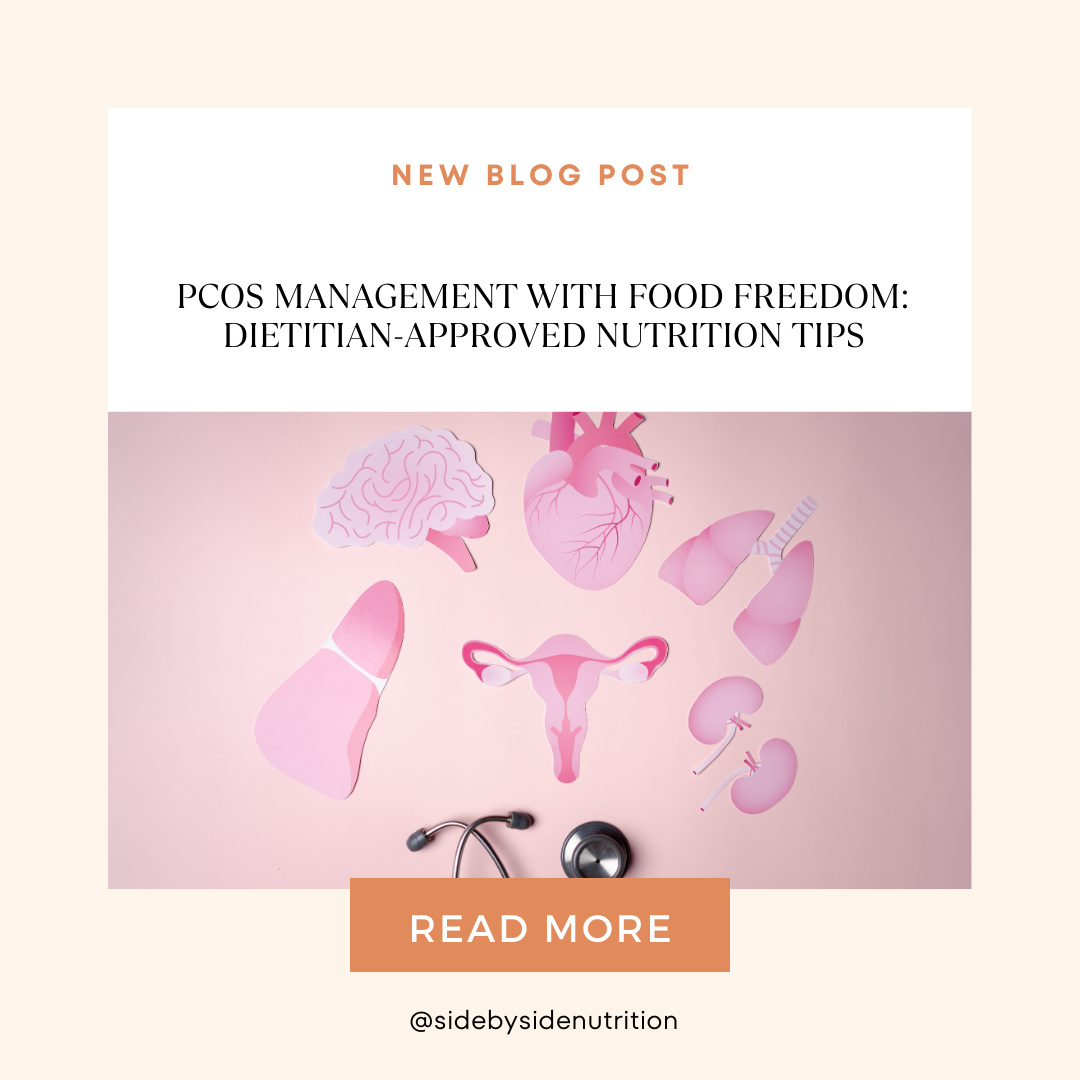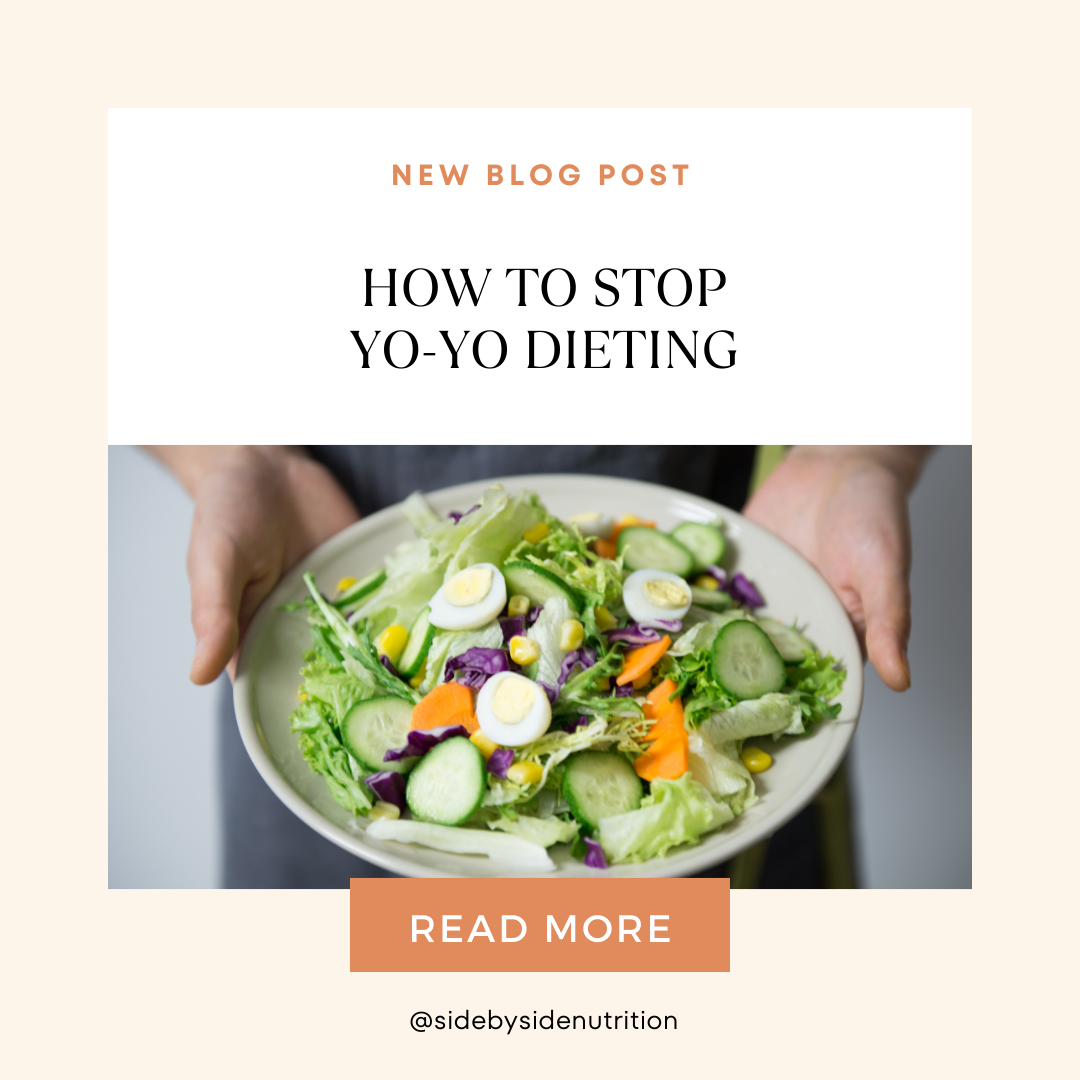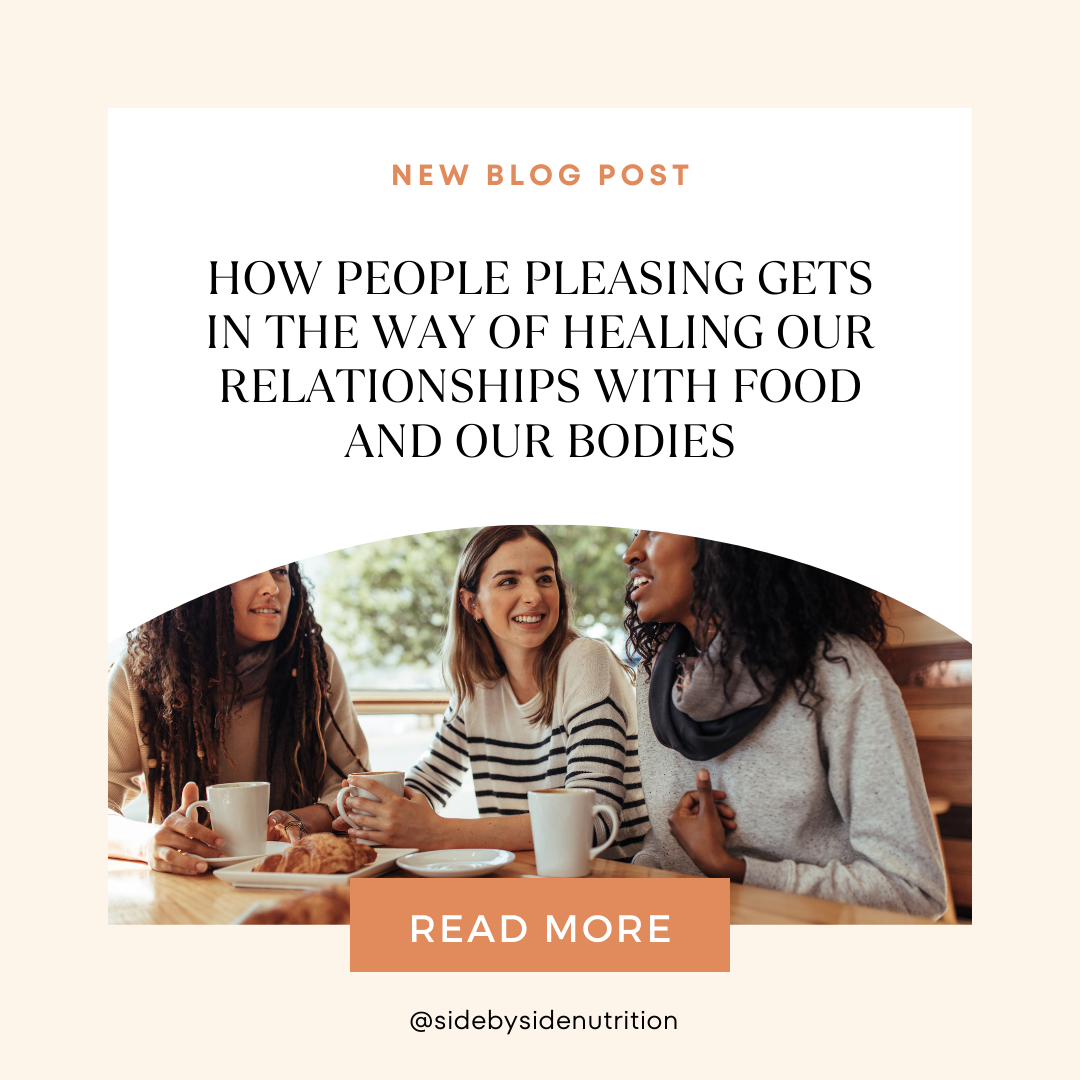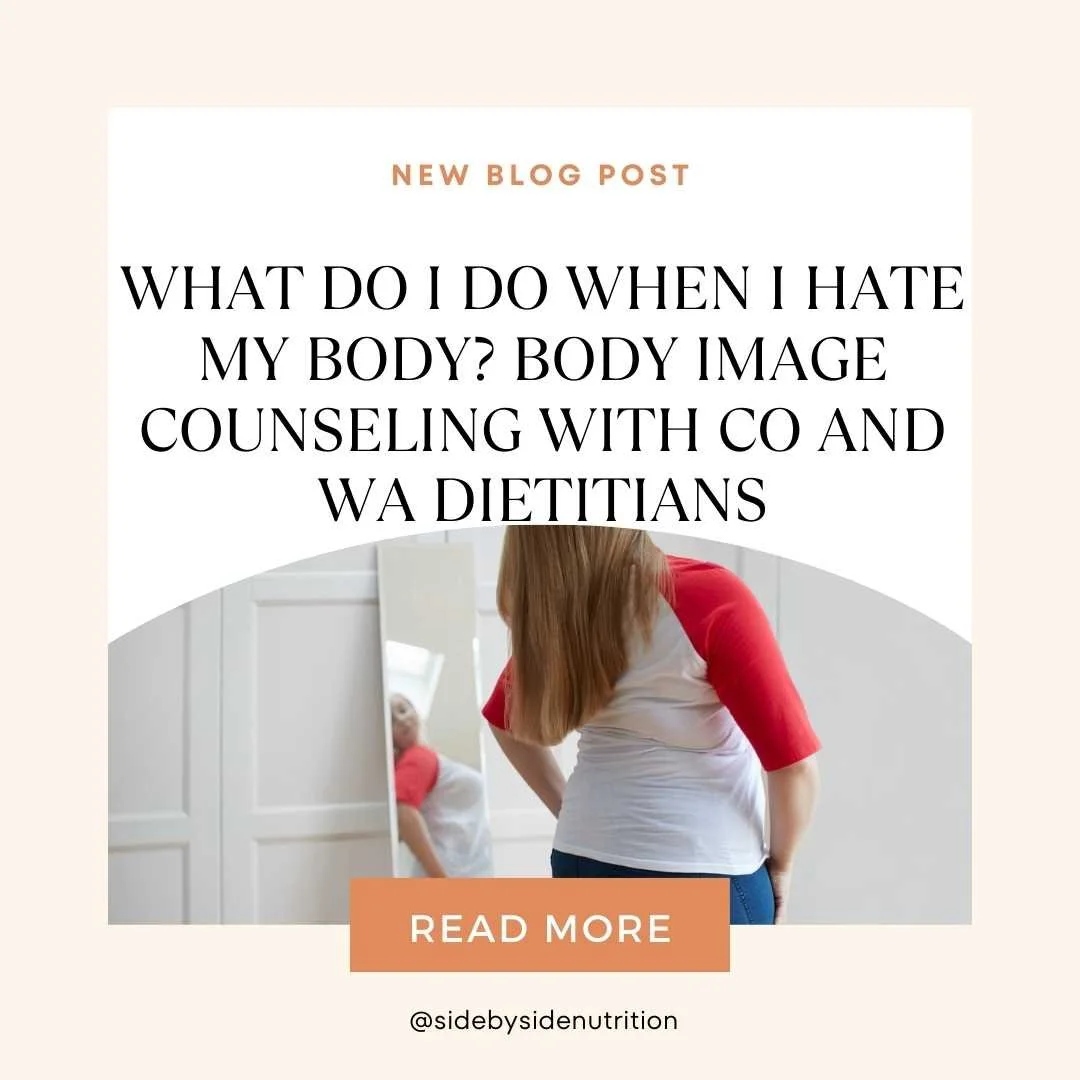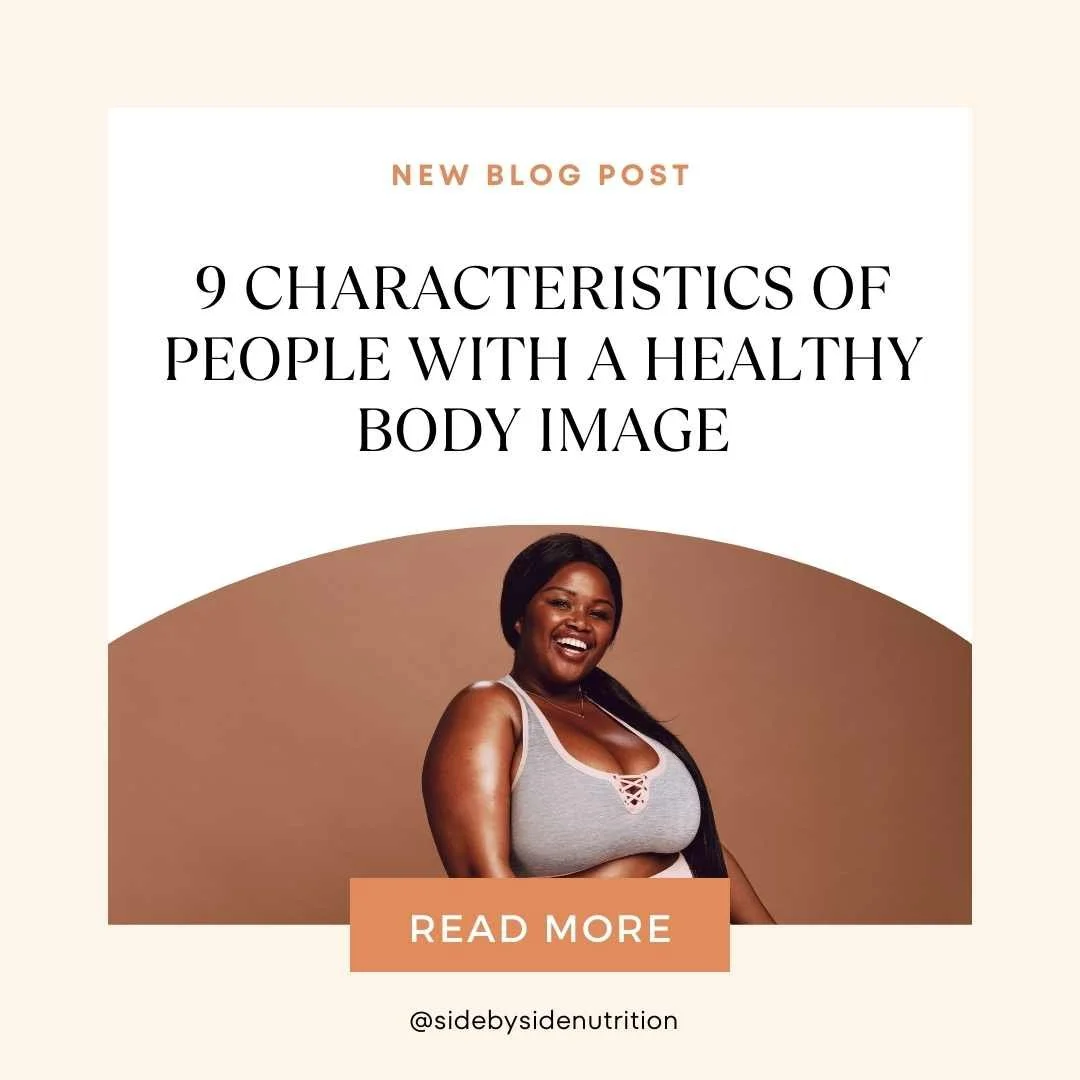Considering Intermittent Fasting? Our dietitians break down why this restrictive trend often does more harm than good for your metabolism and relationship with food. Discover a weight-neutral perspective on why we prioritize consistent nourishment over fasting windows, with insights from our Washington and Colorado RDN teams.
Read MoreDiscover dietitian-approved nutrition tips for PCOS management through nourishing, weight-neutral nutrition. Learn what to add to your plate for hormone balance without the stress of restrictive dieting. Access insurance-covered medical nutrition therapy from Woodinville, WA, and Fort Collins, CO dietitians.
Read MoreHow to stop yo-yo-dieting. Non-Diet Dietitian Nutritionists from Woodinville, WA, and Fort Collins, CO, provide online and in-person nutrition counseling to help people improve their relationship with food and body and overcome disordered eating and eating disorders.
Read MoreHow people pleasing can get in the way of body trust. Stop listening to others and improve your body image. Quiet food noise. Achieve full recovery from eating disorders and disordered eating with support from an ED dietitian in Washington and Colorado. Online and in-person treatment are available.
Read MoreGet body image counseling with expert RDNs in Colorado and Washington. Improve your body image and set realistic, achievable goals. Begin with respect to construct a healthier, kinder body image.
Read MoreImprove your relationship with food and body. Identify the 9 characteristics of people with a positive body image.
Read MoreUnderstand how a dietitian can help you overcome an eating disorder, manage a chronic condition (like diabetes, fatty liver disease, digestive health problems and PCOS), and feel better. FAQ answered by an expert nutritionist from Washington and Colorado.
Read MoreGet strategies on how to stop thinking about food and work with an ED dietitian in Woodinville, WA, and Fort Collins, CO. Stop food noise, overcome disordered eating habits, and get treatment for binge eating, and food obsession with nutrition counseling.
Read MoreAn expert ED dietitian provides tips on how to stop binge eating at night. Online, outpatient nutrition therapy with nutritionists in Woodinville, WA, and Fort Collins, CO can help you overcome binge eating and experience full recovery from BED.
Read MoreAnorexia athletica is also called exercise anorexia and is an eating disorder similar to anorexia nervosa. Work with Colorado and Washington dietitians, experts in eating disorder treatment and recovery, to identify the signs and symptoms of AA. Folx with anorexia athletica use excessive exercise to compensate for eating.
Read MoreManage an eating disorder pre-pregnancy, during pregnancy, and postpartum with expert dietitian nutritionists in Colorado and Washington. Access online and in-person outpatient nutrition care to improve fertility, manage an eating disorder during pregnancy, improve healing postpartum, and recover from anorexia, bulimia, BED, OSFED, and disordered eating.
Read MoreUnderstand the pivotal role of families in eating disorders recovery. Implement these tips from Colorado and Washington dietitian and ed specialists to support your child while they undergo treatment for anorexia, bulimia, BED, ARFID, OSFED, and disordered eating. Provide and receive support to help your teen recovery from an eating disorder.
Read More

